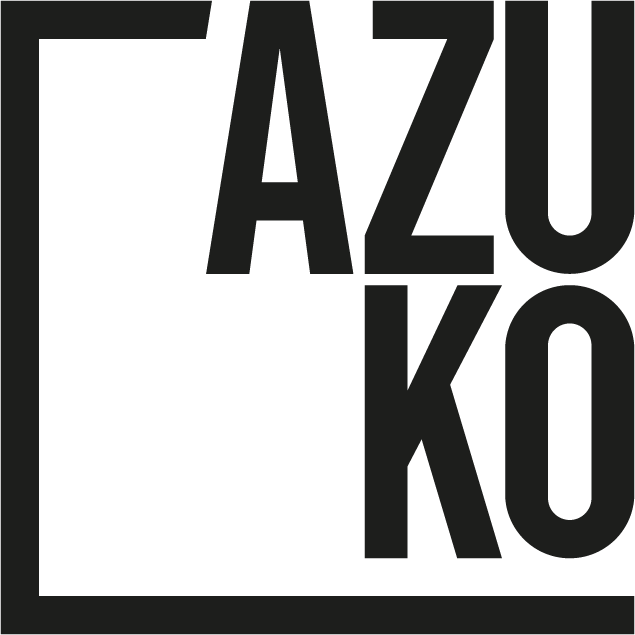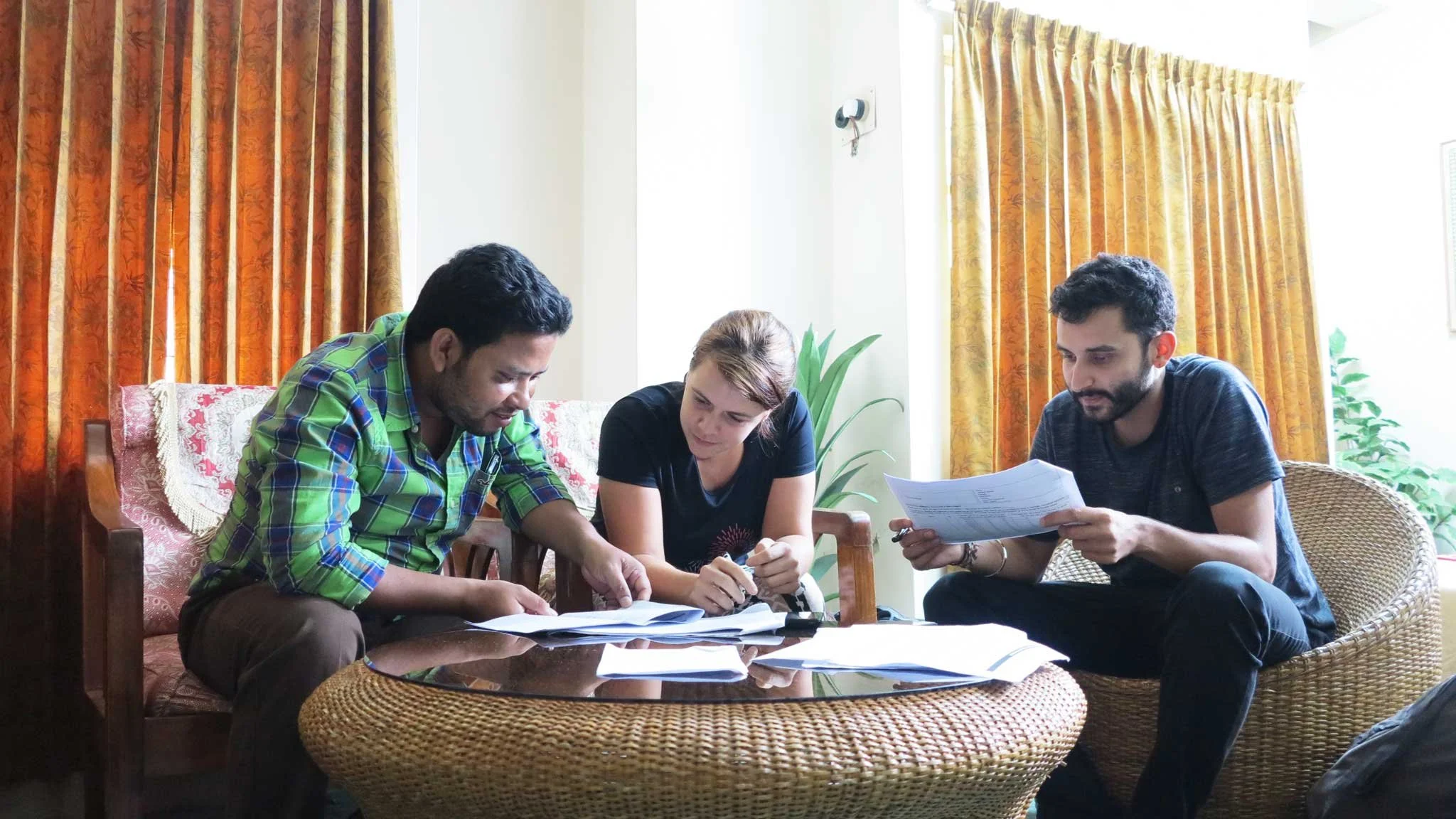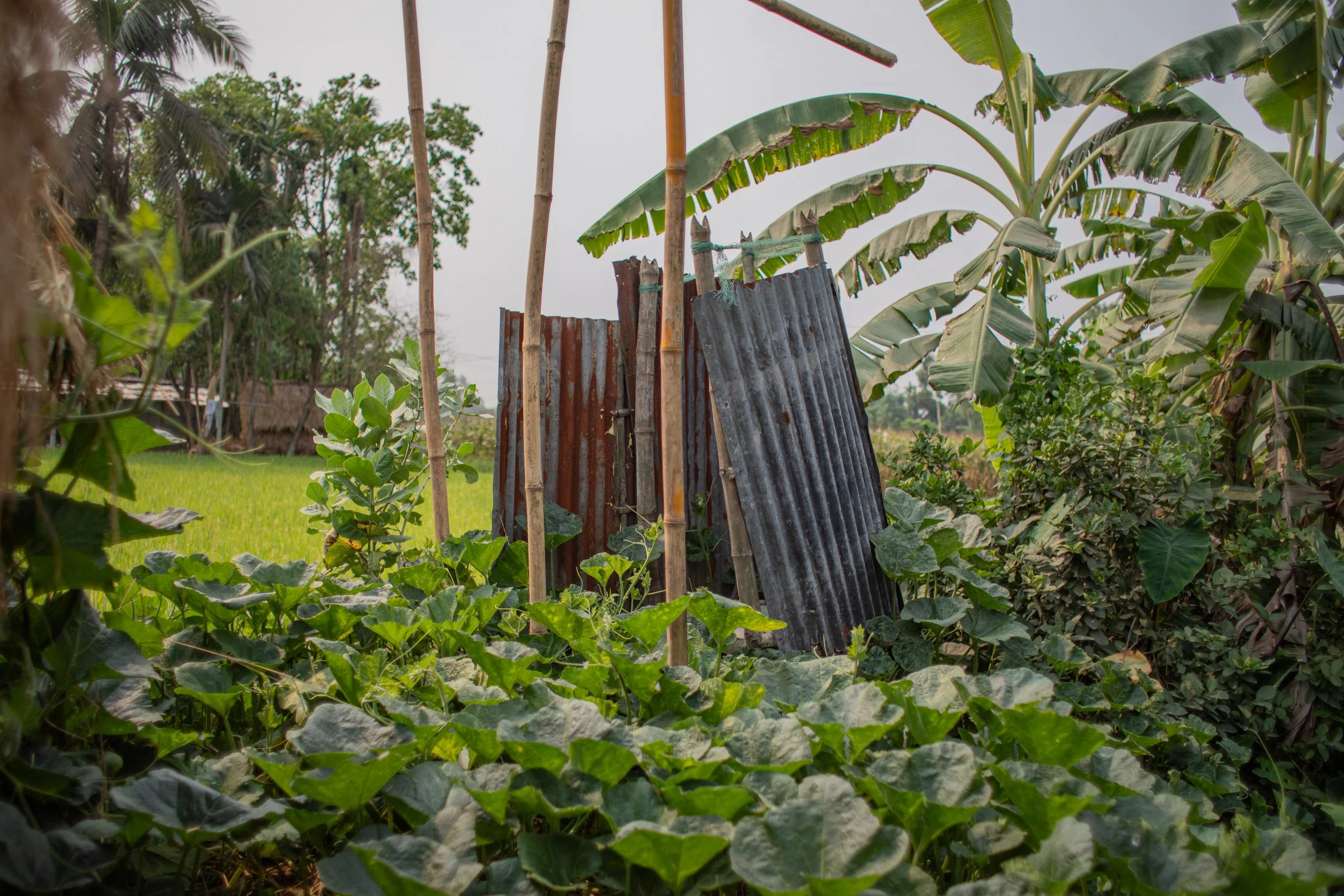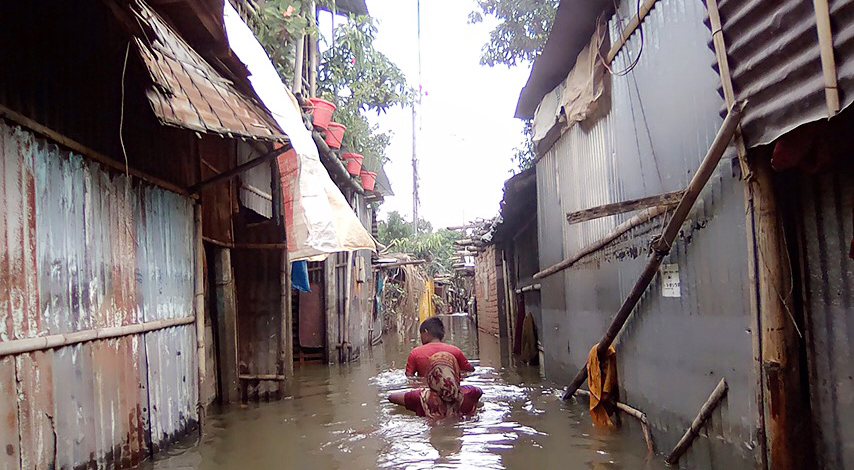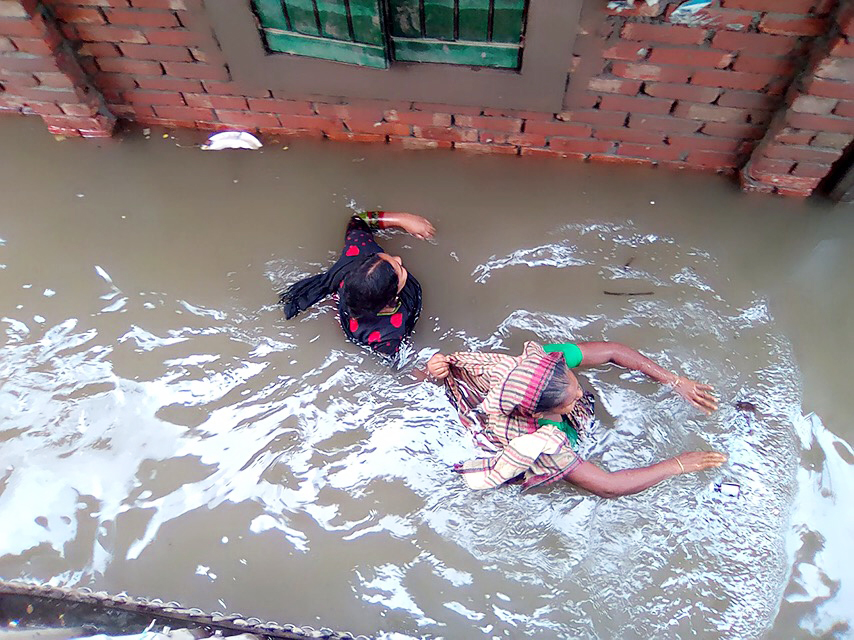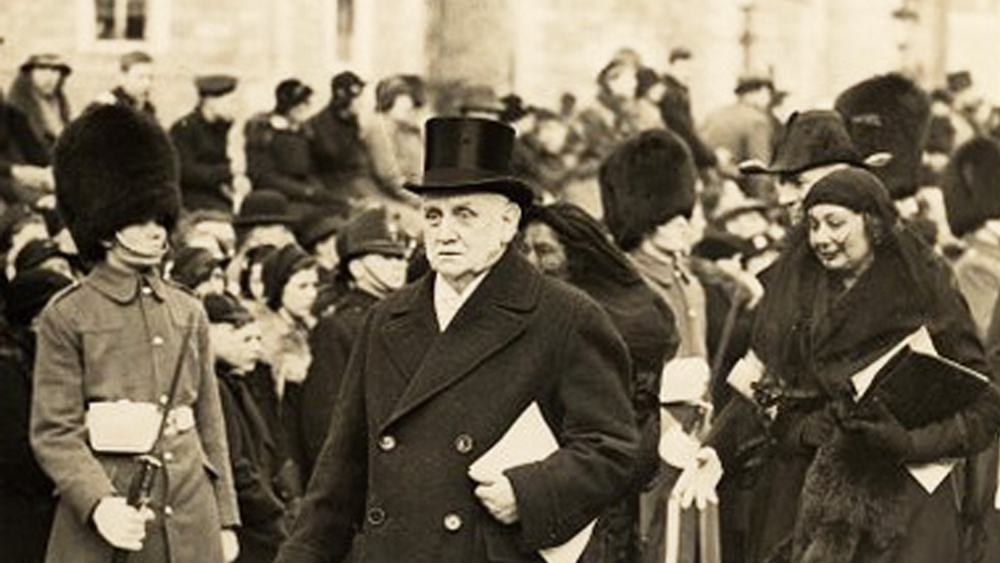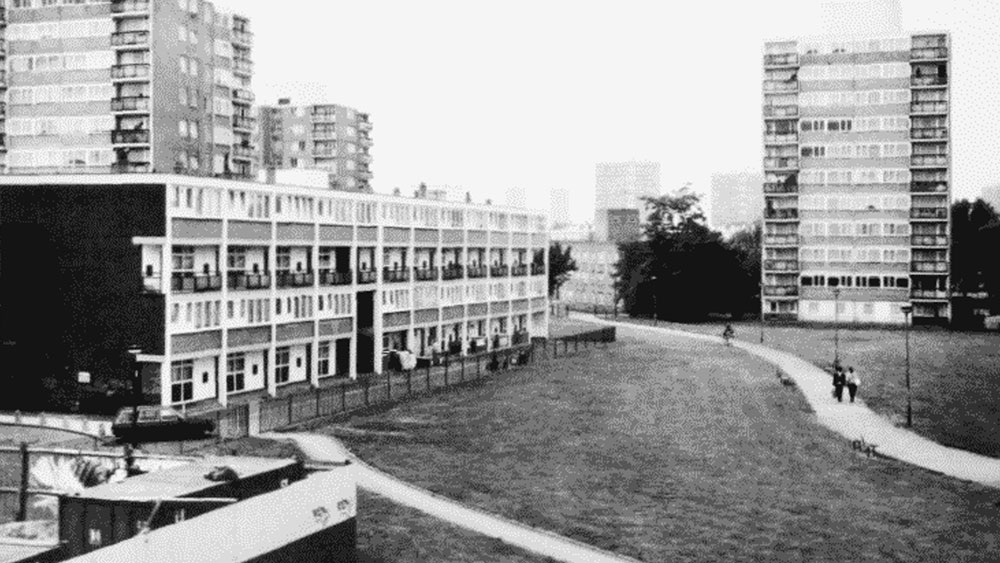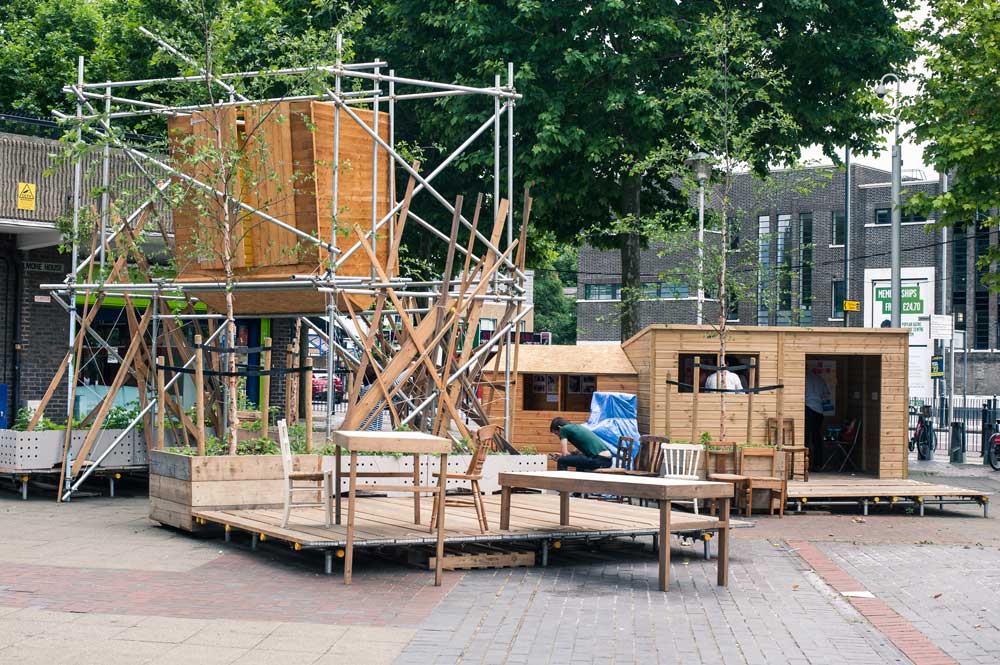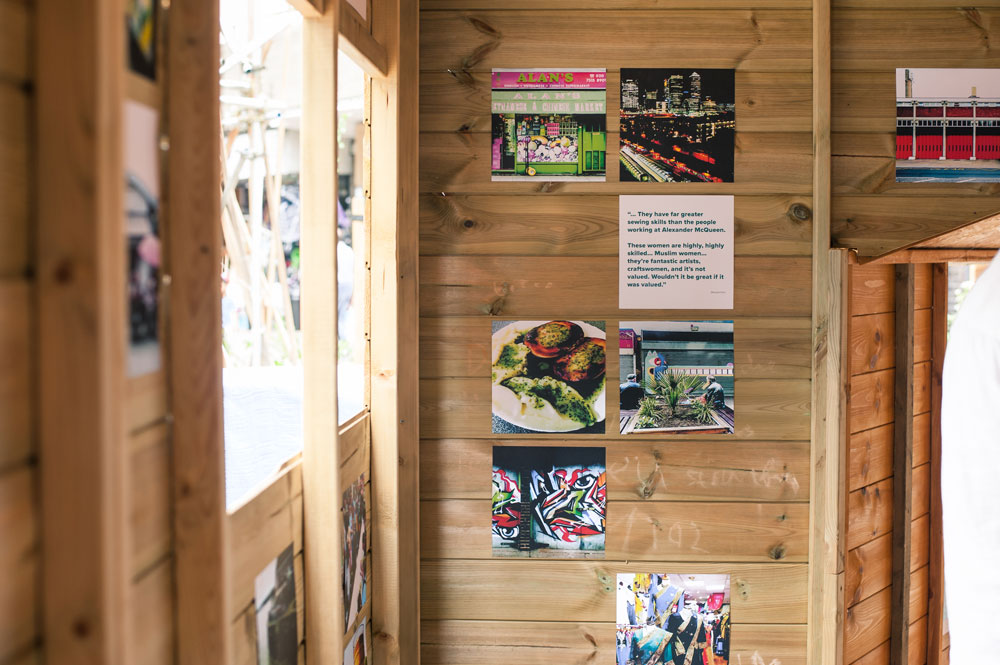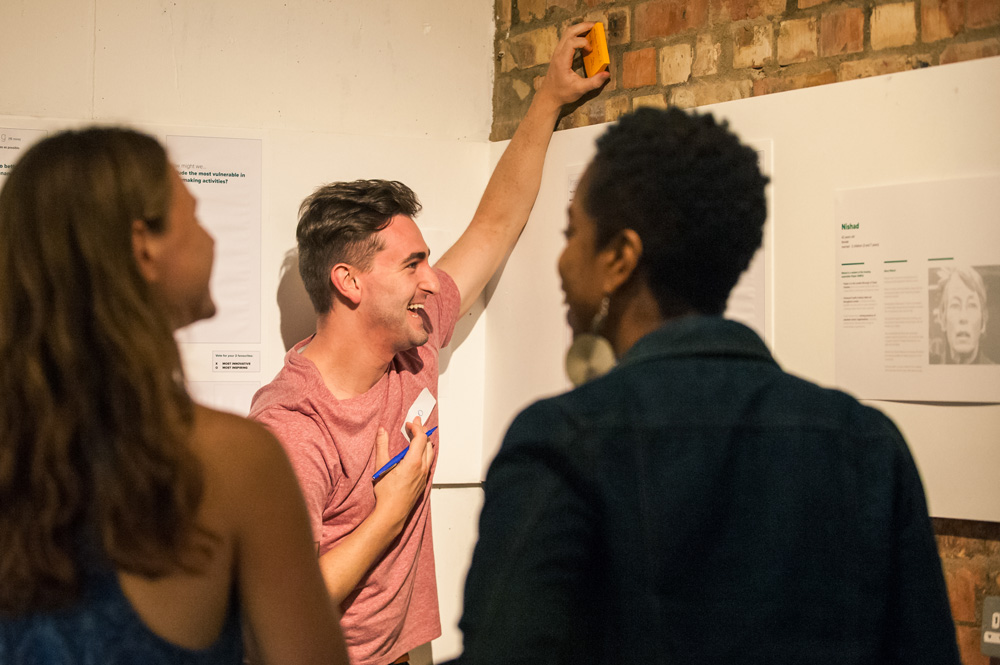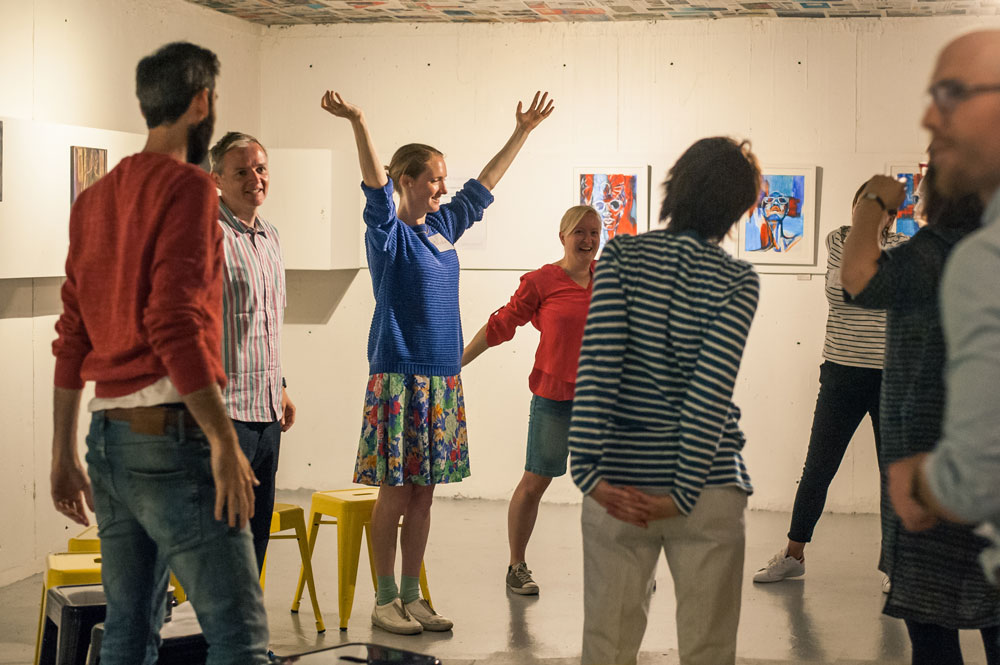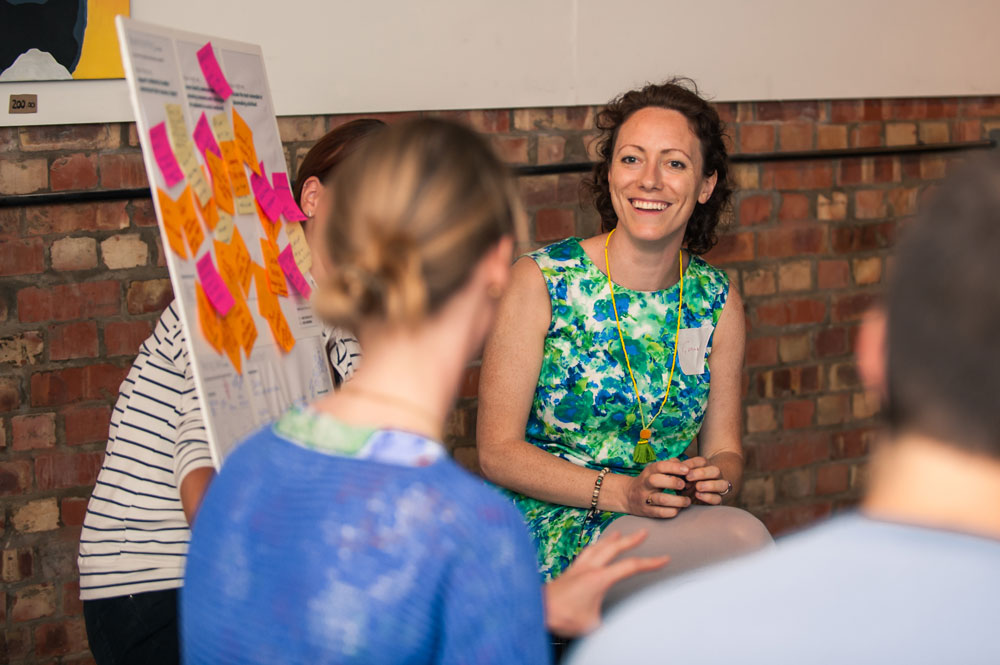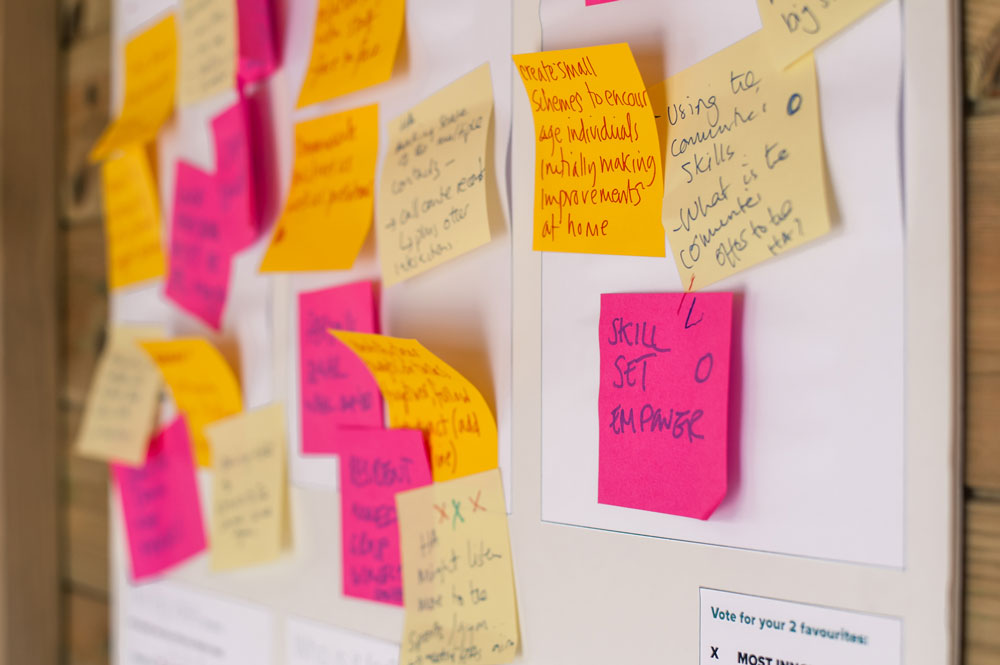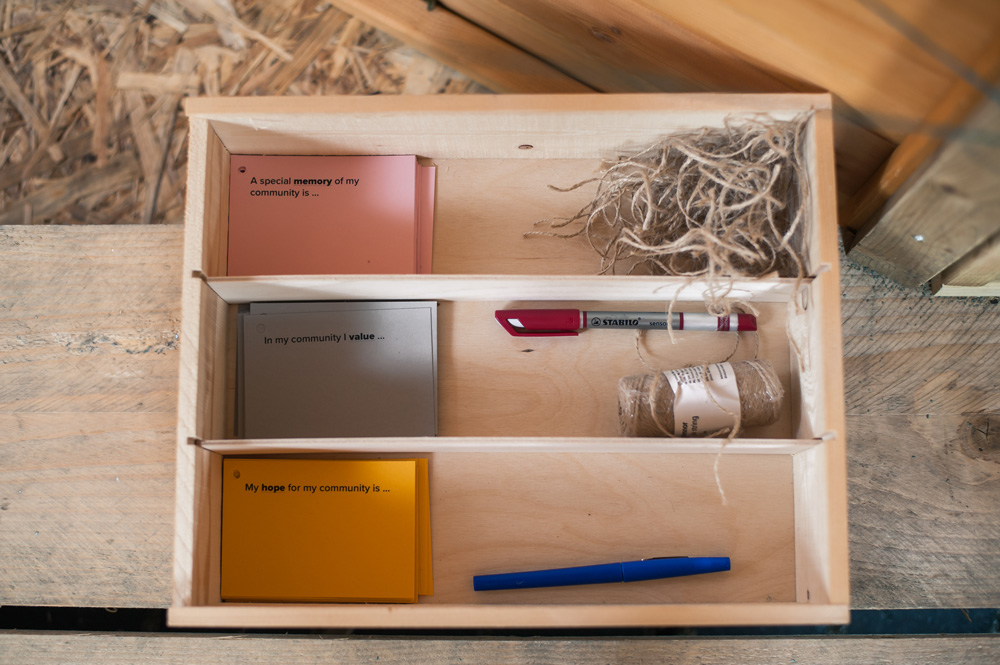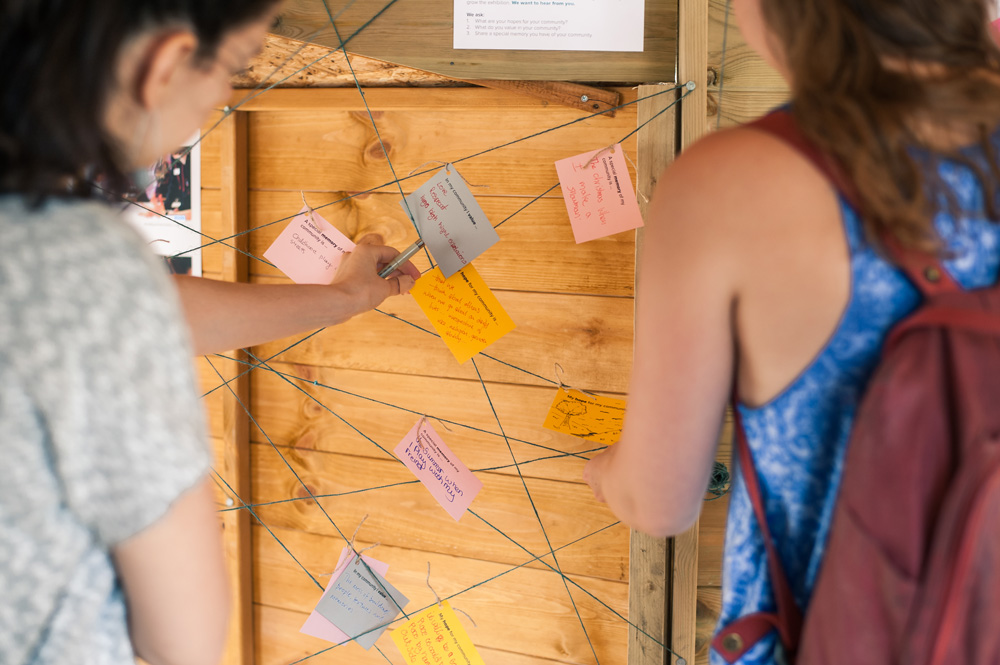Last updated: 5 September 2017
Since 11 August 2017, heavy monsoon rains have caused intense flooding across more than one third of Bangladesh. India and Nepal have also witnessed unprecedented flooding. Latest figures show over 1,200 people have been killed, 1 million+ are displaced and 41 million are affected. Aid workers warn of severe food shortages, and water-borne diseases.
“In Bangladesh, an estimated total of 101,683 houses are reported to have been destroyed and 619,834 have been partially damaged; 145 persons are known to have lost their lives due to the floods.”
Many of the communities we support across Dinajpur, have been greatly affected. In particular, Jogen Babu Maath slum. The community was evacuated to a local school, as flood waters reached 7ft. Over the past couple of weeks waters have receded, leaving behind a wake of devastation. Debris lines the streets, earthen paths are mixed with sewerage, septic tanks are full leaving no usable toilets, and the tubewells are contaminated.
“With the flood waters receding, there is a possibility of an epidemic. We fear the outbreak of water-borne diseases if clean water is not ensured soon.”
We are working to support these communities. Our first priority is access to clean water and sanitation. We are also aiding debris removal, including the open sewers as well as providing guidance and best practice for disinfection of homes and assets.
We welcome donations and have created a dedicated fund.
AzuKo updates:
In JBM slum there are currently only a few working toilets - the majority of septic tanks and soakaways have been flooded. We have now emptied, disinfected and opened the sanitation and shower facility. This will remain open to the community, with no membership fee, during August and September.
We are:
Shock chlorinating 47 tubewells
Supporting the disinfection of homes and assets
Providing personal protective equipment (PPE)
Distributing guidance for water, sanitation and hygiene practices for short-term and long-term
Working with the community and POCAA to develop pre-preparedness strategies for future extreme weather events
More rain is forecast, and the situation could deteriorate. We will be working with the Asia Arsenic Network (AAN), to assess water sources over the remaining monsoon period.
“In Bangladesh alone, more than 13,000 cases of waterborne diseases including diarrhoea as well as respiratory infections have been reported in the affected areas over the past three weeks.”
Latest news:
ReliefWeb, IFRC / South Asia flood crisis: disease outbreaks... (05.09.2017)
ReliefWeb, UN / Bangladesh HCTT response plan: monsoon floods (01.09.2017)
ReliefWeb, UN-OCHA / South Asia: flooding - humanitarian snapshot (24.08.2017)
CNN / Hundreds dead, thousands at risk after massive flooding in South Asia (22.08.2017)
The Guardian / Floods claim more than 800 lives across India, Nepal and Bangladesh (21.08.2017)
